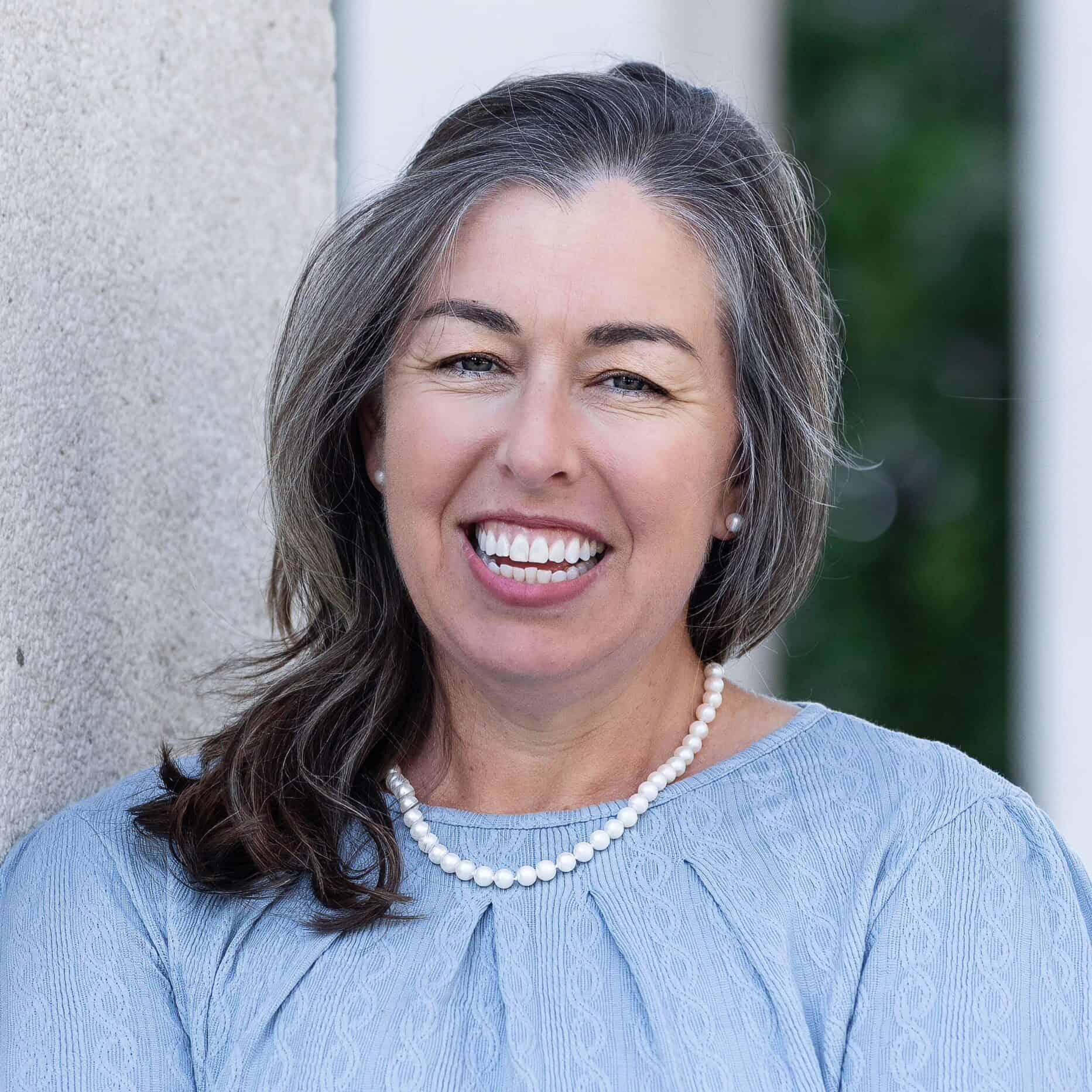Wealthtender is a trusted, independent financial directory and educational resource governed by our strict Editorial Policy, Integrity Standards, and Terms of Use. While we receive compensation from featured professionals (a natural conflict of interest), we always operate with integrity and transparency to earn your trust. Wealthtender is not a client of these providers. ➡️ Find a Local Advisor | 🎯 Find a Specialist Advisor


Ask an Advisor: How can a person (or couple) in their 60s approach estate planning in a way that balances family needs with charitable giving?
Many people dream of making a lasting impact, and for some, it’s not just about leaving behind fond memories—but also a bit of cash. After all, there’s nothing quite like the gift that keeps on giving. When thinking about wealth transfer, the goal is to be smart, not just rich. And while this might sound serious, with the right approach, estate planning can feel less like “doom and gloom” and more like a strategic game of Monopoly (where everyone wins!).
Have a Plan
Every great journey starts with a map, and financial planning is no different. A financial plan isn’t just about setting aside a rainy-day fund—think of it as a treasure map, leading to goals, priorities, and maybe even a few pleasant surprises along the way. Without a plan, wealth transfer strategies are like trying to drive to an unknown destination without GPS—you might get there eventually, but it could be a bumpy ride.
A well-crafted plan highlights the potential for giving during a lifetime while ensuring the gold pot doesn’t run dry in retirement. Whether the goal is to pass wealth to family or support charitable causes, a solid plan helps keep both present and future in balance. Think of it as the gift of foresight—less “parting ways” and more “paying it forward.”
Generational Wealth Transfer: Fair vs. Equal
In the world of wealth transfer, it’s important to remember: fair doesn’t always mean equal. It’s kind of like pizza slices—sometimes the hungrier person gets the bigger piece. When passing down wealth, “fair” could mean considering each beneficiary’s specific financial situation. One child might benefit more from tax-deferred assets, while another might be better suited for tax-free or taxable ones. It’s not about playing favorites; it’s about smart pizza distribution.
Geography also plays a role—maybe one child is near enough to want the family home, while another prefers a slice of the stock market. And if the idea of figuring all this out is daunting, don’t fret—it’s okay to let them decide what’s “fair” later. A family meeting might be a good way to hash this out (with or without pizza).
Start Early
While wealth transfer is often thought of as something that happens “after the credits roll,” starting early can bring peace of mind—and maybe even a few gold stars along the way. Small, regular gifts to children or grandchildren can help them learn about financial responsibility before receiving a bigger windfall. Consider it an opportunity to hand over the training wheels before they ride off into the sunset with a full inheritance.
Start Small
If diving into wealth transfer feels a bit like cannonballing into a cold pool, try dipping a toe in first. Starting small can build confidence and give a sense of control. One idea is contributing to a grandchild’s education fund—it’s like planting seeds in a financial garden, watching it grow over time. Besides, there’s no rush; there’s plenty of water in that pool!
Donation-Based Wealth Transfer
Wealth transfer doesn’t always need to stay in the family. Some might prefer leaving a mark on their favorite causes (while leaving their kids slightly less pressure to figure out what to do with the family yacht). Charitable giving is a fantastic way to spread the wealth, and there are options that can be tax-efficient, too. It’s a win-win, like finding a dollar in your coat pocket.
Donor-Advised Funds (DAF)
A Donor-Advised Fund (DAF) can be a flexible way to contribute to favorite causes without giving everything away in one go. It’s a bit like having your charitable cake and eating it too—making donations over time, while still benefiting from immediate tax deductions.
Qualified Charitable Distributions (QCDs)
For those who want to mix things up, QCDs are like a secret menu item at your favorite restaurant. They allow donations straight from an IRA to a charity, satisfying both your charitable cravings and your Required Minimum Distribution (RMD) at the same time.
Charitable Trusts or Annuities
For those looking to balance charity and personal benefits, charitable trusts or annuities offer a way to keep giving while still maintaining some financial perks. It’s like being generous with a side of practicality.
Planned Giving
Finally, planned giving is all about ensuring a favorite cause gets its fair share after the final curtain call. Whether through a bequest, life insurance, or a retirement account, planned giving is a thoughtful way to leave a lasting legacy. It’s a bit like passing the baton in a relay—ensuring the race keeps going even when you’re off the track.
Seek Professional Guidance
Whether focusing on passing wealth to family or supporting favorite causes, the journey of wealth transfer doesn’t have to be daunting. With thoughtful planning, smart strategies, and a little humor along the way, estate planning becomes less about the end and more about the bright future being created. And remember, professional advice can help ensure that everything goes according to plan—without any unexpected detours.
So, go ahead and make those financial moves—whether it’s gifting to the next generation or supporting the causes that matter most. After all, the smartest plans are the ones that make a lasting impact, both in life and beyond.
Have a Question to Ask a Financial Advisor?
When you’re uncertain about money matters, submit your question to Wealthtender, and it may be answered by a financial advisor in an upcoming article or in the Wealthtender Expert Answers Forum.
Need personalized help? Visit wealthtender.com to find the right financial advisor for your unique needs.
This article was originally published on Wealthtender and is intended for informational purposes only and should not be considered financial advice. You should consult a financial professional before making any major financial decisions. Wealthtender earns money from financial professionals, which creates a conflict of interest when these professionals are featured in articles over others. Read the Wealthtender editorial policy and terms of service to learn more. Wealthtender is not a client of these financial services providers.
About the Author
Wealthtender is a trusted, independent financial directory and educational resource governed by our strict Editorial Policy, Integrity Standards, and Terms of Use. While we receive compensation from featured professionals (a natural conflict of interest), we always operate with integrity and transparency to earn your trust. Wealthtender is not a client of these providers. ➡️ Find a Local Advisor | 🎯 Find a Specialist Advisor


